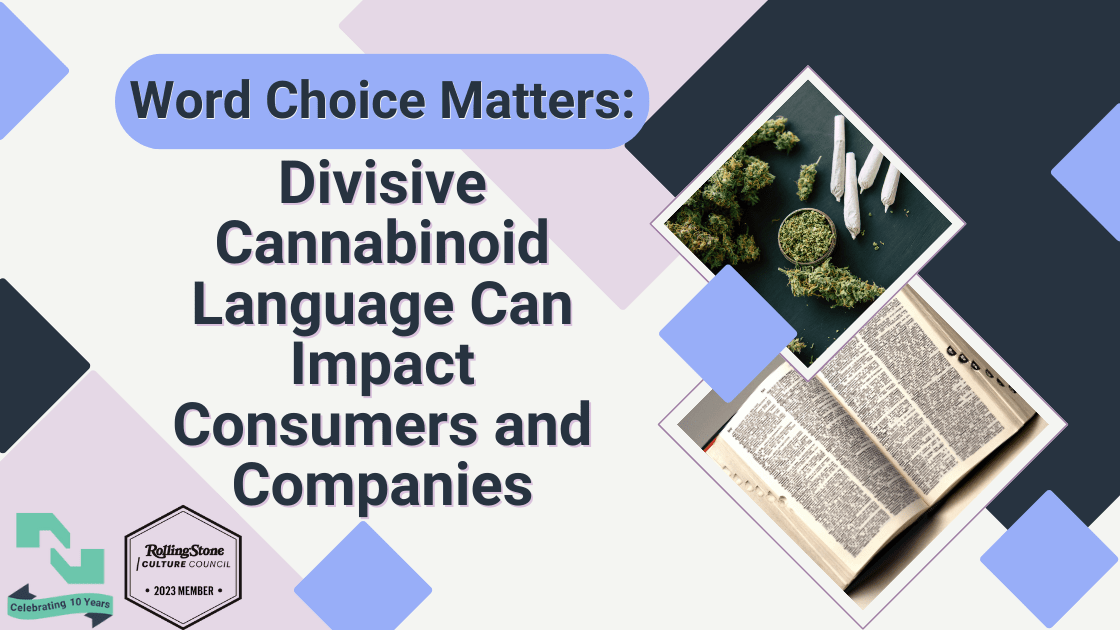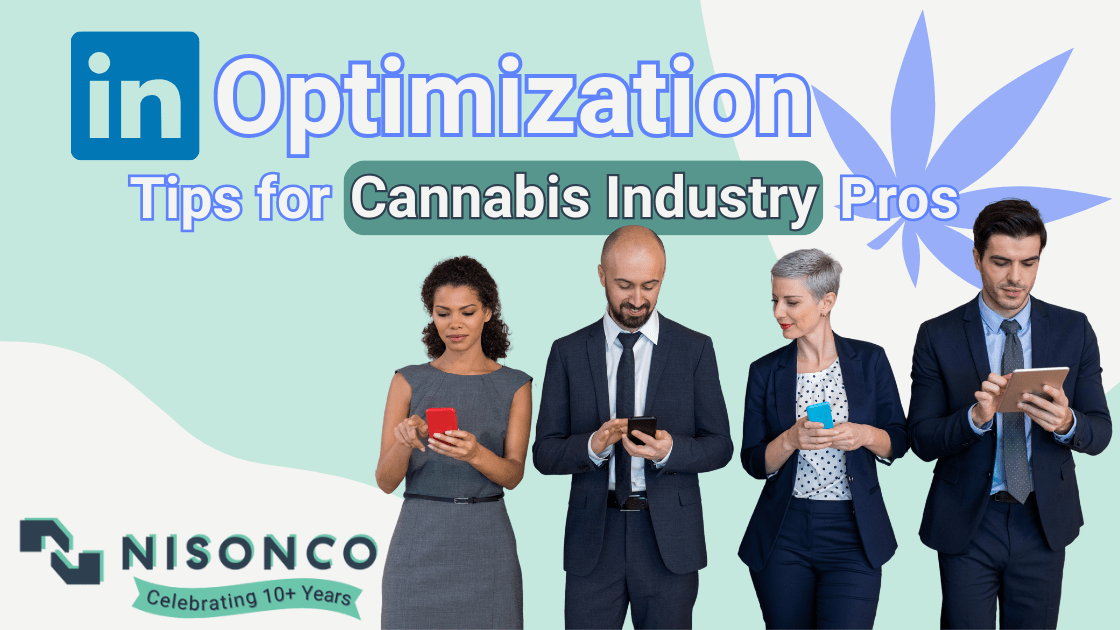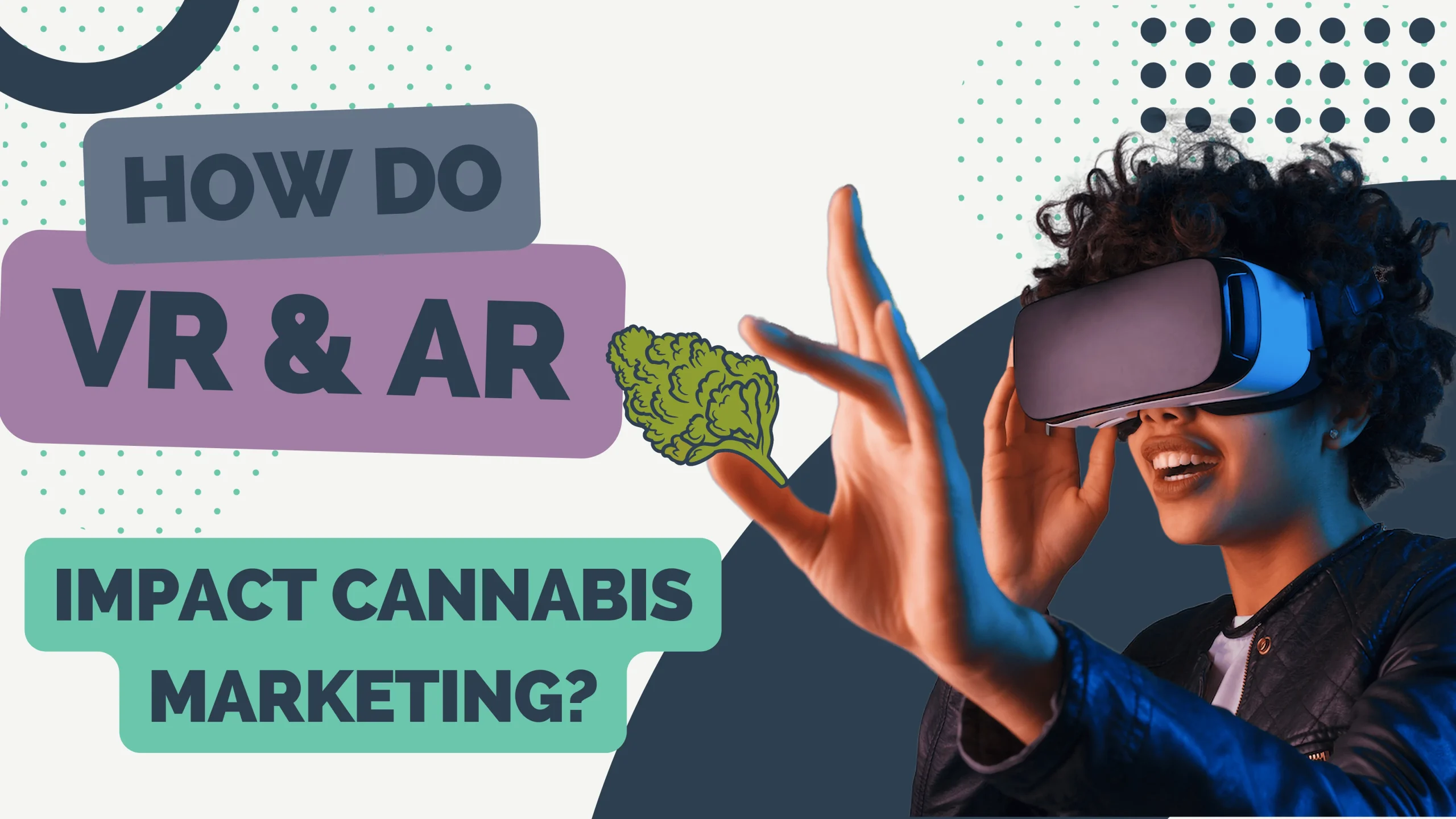This article by NisonCo President Evan Nison originally appeared in Rolling Stone and appears here with permission.
Misleading language impacts not only the cannabis industry but also consumers and lawmakers — making it even more crucial to use accurate language.
The cannabis industry is plagued by misinformation, much of it due to inaccurate or purposefully misleading language. As the hemp-derived cannabinoid industry booms despite restrictions, we are beginning to see similar issues in how these compounds are discussed. How we talk about things shapes how we see them, so we must be mindful of the language we use in developing industries such as hemp and cannabis.
As a professional in the cannabis industry for over a decade, I have watched the language surrounding cannabis shift in a more responsible direction. However, hemp and cannabinoids are beginning to suffer from the same divisive, misleading language. How does this language harm individuals, organizations and the industry? How can we learn from the language surrounding cannabis and keep the language surrounding hemp from becoming divisive, too?
The OG Debate: ‘Cannabis’ or ‘Marijuana’?
This debate has pervaded the cannabis industry for decades and is a demonstrable example of how simple word choice can reflect a speaker’s ideology.
The word “marijuana” was popularized in America in the early 20th century when prohibitionists began campaigning to make cannabis illegal. The etymology is difficult to trace, but the word “marijuana” came from Mexican Spanish. It had previously been known in America as “hemp” or “cannabis” in agricultural and medicinal applications, respectively.
Amid mounting xenophobia and pressure from the pharmaceutical and manufacturing industries, lawmakers purposefully chose the word “marijuana” to connect the flower with Mexican Americans and demonize both plant and people simultaneously. When cannabis was made federally illegal in 1937, the word “marijuana” was used in the law. Today, the word has fallen out of favor in the cannabis industry but is still used by policymakers who oppose legalization. The word “marijuana’ is not inherently racist, but how it has been used in America for decades undoubtedly has racial undertones best avoided in professional language.
“Cannabis” is now the preferred term, taken from the scientific name for the plant. Rooted in botany, this word refers to the plant as what it is, without social stigma. In recent years, I have seen more proponents outside the industry adopt this term, as it legitimizes cannabis businesses and avoids stigmatizing groups of people.
Positive Cannabinoid Language
There is a growing divide between the words and rhetoric used by proponents of hemp and derived cannabinoids and those used by the opposition.
Language portraying cannabinoids and hemp products positively mirrors the language used to portray cannabis well. Likewise, clear, precise language and scientific terms like “minor cannabinoids” and “hemp-derived” serve to legitimize and uplift the hemp and hemp-derived cannabinoid industries.
Negative Cannabinoid Language
Just as opponents of the regulated cannabis industry use stigmatized words like “marijuana” and terms that connote violence, such as the “war” on drugs, opponents of the hemp and cannabinoid industries use misrepresentative, delegitimizing language.
Much of the language used by those who oppose the hemp industry relies on creating a feeling of fear. Words like “synthetic” and “unknown” are weaponized by hemp opponents to villianize these compounds, the companies that create them, and the individuals who purchase them. While these words are not categorically inaccurate, it is more productive to use terms that do not carry the same fearful connotations, such as “lab-made” or “novel.”
The Harms of Misleading Language
Misleading language and rhetoric have very real effects on individuals, companies in the industry and even on policymakers themselves.
How Unclear Hemp Language Harms Cannabinoid Consumers
Consumers are perhaps the most overtly harmed by divisive language. Here’s how:
- — Misleading language creates consumer confusion. Hemp-derived cannabinoid products are new, so customers need education, not opinionated and biased language.
- — A lack of education and regulation stemming from irresponsible language use can also lead directly to consumer harm. Unsafe situations would likely arise less often if the industry was less stigmatized and consumers had the language to fully understand the products.
- — The harmful language surrounding hemp and cannabis products restricts consumer access. Divisive language villainizes hemp, leading to legal restrictions, less education, more division, and so on.
How Misleading Word Choice Harms Cannabinoid Companies
Operators in the hemp-derived cannabinoid industry are also harmed by misleading language.
Legal restrictions stemming from the demonization of hemp restrict economic growth, scientific progress, and industry success. Even now, the DEA is considering an attempt to undermine the 2018 Farm Bill and severely restrict hemp and hemp-derived cannabinoids, potentially debilitating the American hemp industry — which brings in hundreds of millions of dollars annually.
Further, misleading language delegitimizes the industry as a whole. It transforms hemp from a valuable agricultural crop with potential therapeutic applications to a dangerous, unknown force. When public perception is guided by negative, fearmongering language, the hemp and cannabinoid industry can see no growth.
How Unfavorable Cannabinoid Lingo Affects Policymakers
Finally, the ideologically loaded language surrounding hemp can also profoundly affect policymakers.
Hemp and cannabis have been villainized for nearly a century. The only language lawmakers, politicians, and public figures have is the language they have been taught and consumed from media — and that language is, historically, overwhelmingly negative. The War on Drugs, lack of regulation, and resulting lack of economic growth in these industries affect policymakers and their constituents.
Accurate Language Is Needed to Speak About Hemp’s Future
The catastrophic failures of the War on Drugs, exacerbated by the inflammatory language and rhetoric used by those who led it, can teach us valuable lessons. We still feel the fallout of the racialized, violent language used to discuss cannabis over the past decades. Why are we allowing conversations about hemp and cannabinoids to devolve into similar patterns?
Though the language is more subtle, we must still be aware of how we discuss these industries. Divisive language leads to well-recorded effects: reduction in education, knowledge, and enterprise — and increased violence, division, and injustice. We are all responsible for our language; changing how we speak can change how we think. Next time you talk about weed, say “cannabis” instead of “marijuana,” consider “hemp-derived” instead of “synthetic,” and educate others to do the same.



